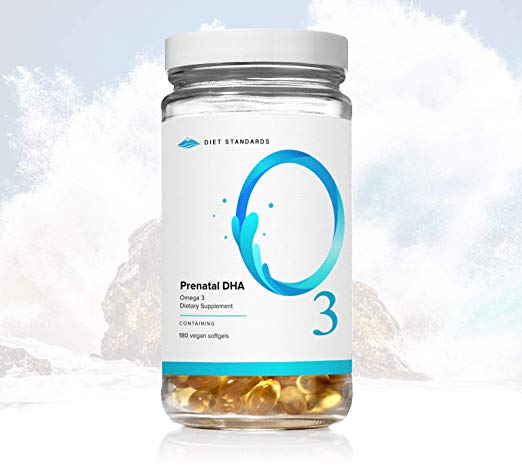Prenatal vitamins contain high amount of folic acid, iron and calcium compared to multivitamins and these supplements are essential during the period of conception. Folic acid is helpful in preventing any defects on the neural tube. Calcium, on the other hand, is helpful for the proper development of the baby’s teeth and bones and for supporting the muscular system of the mother, while iron is helpful in developing and building muscle tissues as well as preventing anemia.
Considerations as When to start taking Prenatal Vitamins
Experts cited that omega-3 fatty acids are important for the proper development of the baby’s eyes and brain. These omega-3 essential fatty acids are also included in prenatal vitamins, although it could also be found in various types of fatty fishes, walnuts, flax seeds and other spices and nuts.
Some popular brands include:
- Diet Standards

Standards Best Prenatal DHA Omega-3 Vitamins for Pregnancy: Health & Personal Care
Diet and Prenatal Vitamins
During the course of pregnancy, relying on prenatal vitamins alone is not advisable. It is also necessary to include fruits, vegetables, low or non-fat milk, pastas, whole grains, dairy products, fish, poultry and lean meat into the diet. Maintaining a balanced diet can provide adequate nutrition not just for the mother but for the baby as well.
Warnings when Consuming Prenatal Vitamins
Before learning when to start taking prenatal vitamins, it would be best to consult the physician first. It is also important to know the differences between prenatal and supplemental vitamins. Take note that although both are beneficial, consumption of both vitamin and mineral sources could lead to overdose. That is why it is necessary to discuss with a physician when to start taking prenatal vitamins and if this is actually suitable for the expectant mother.